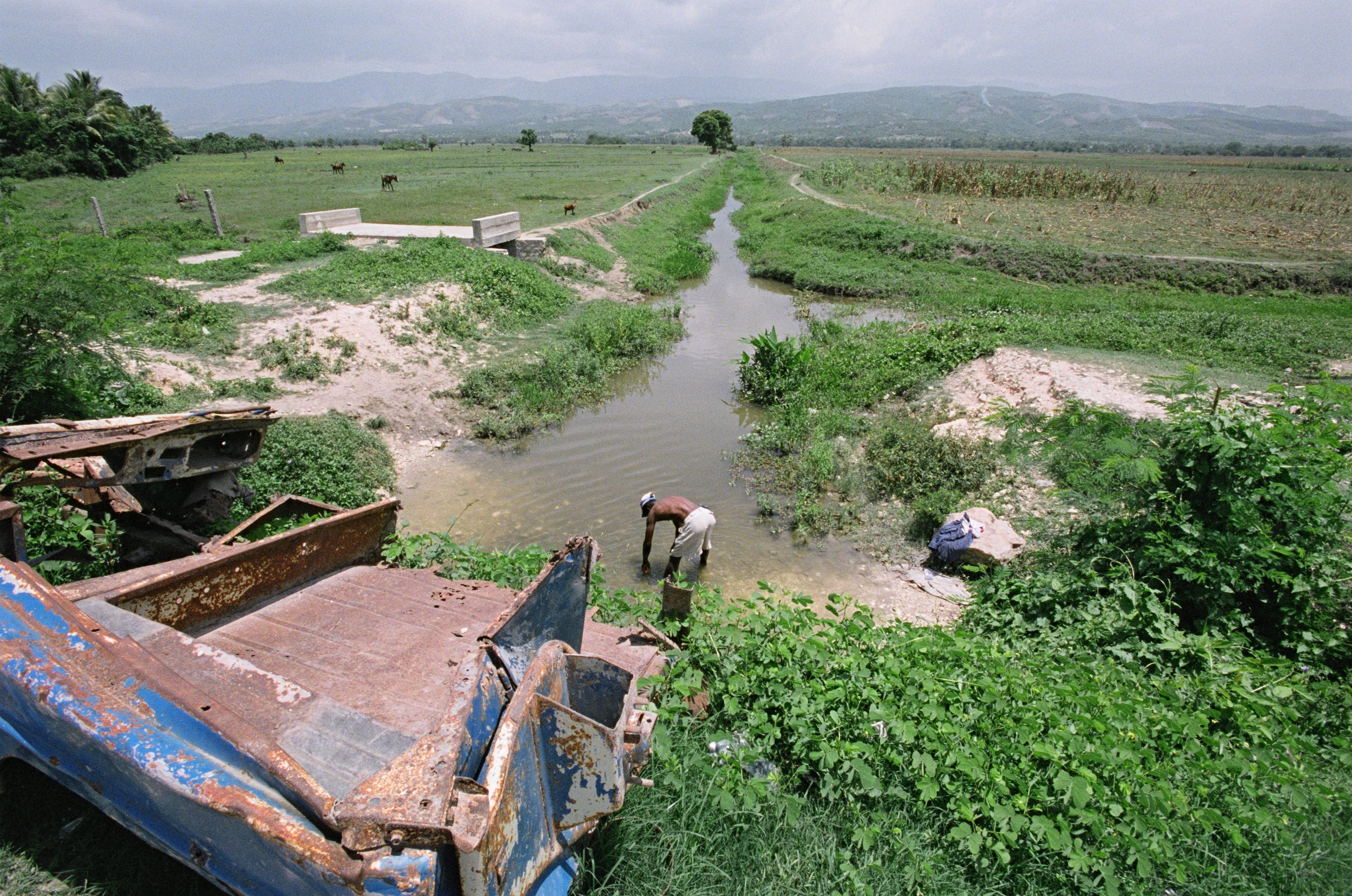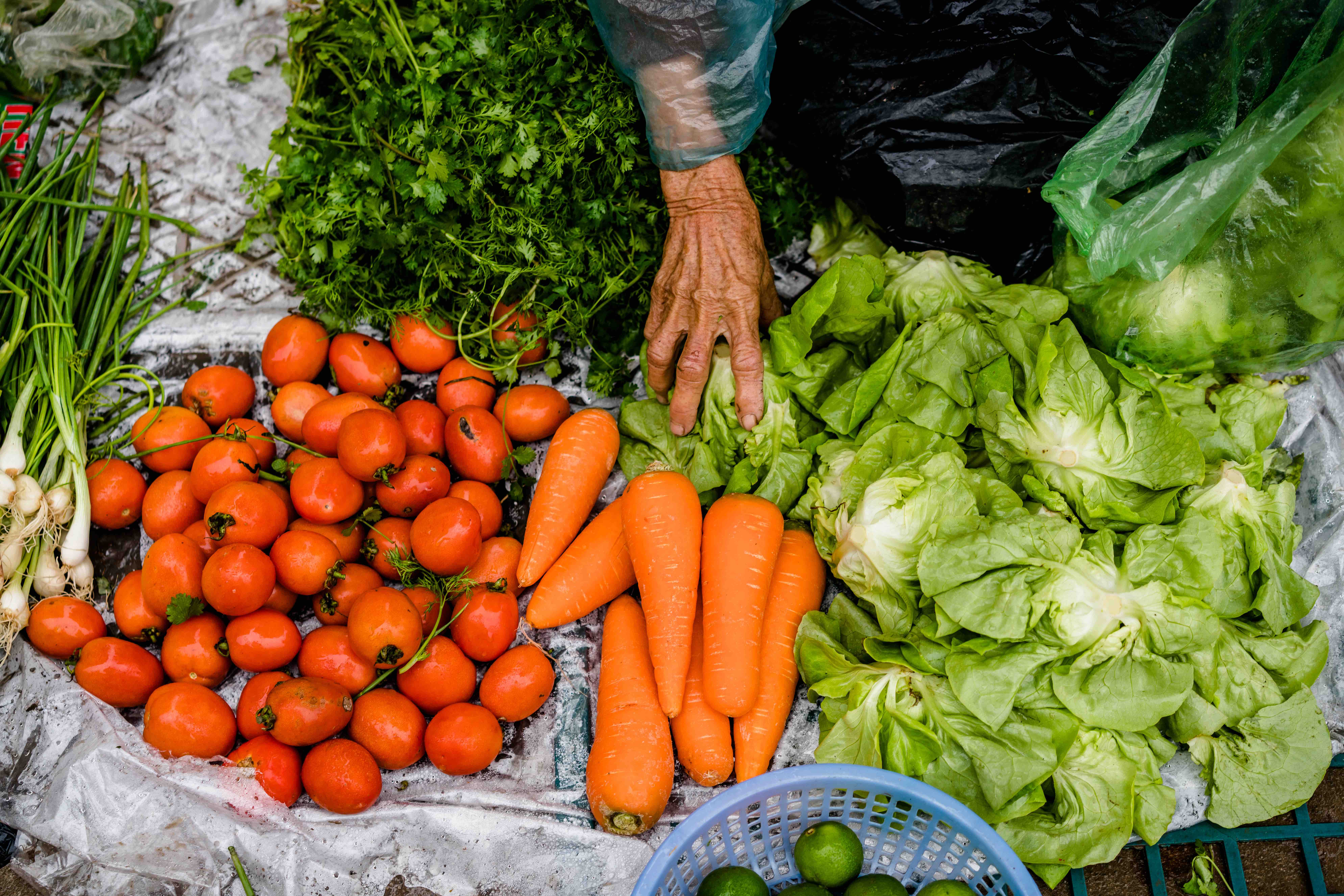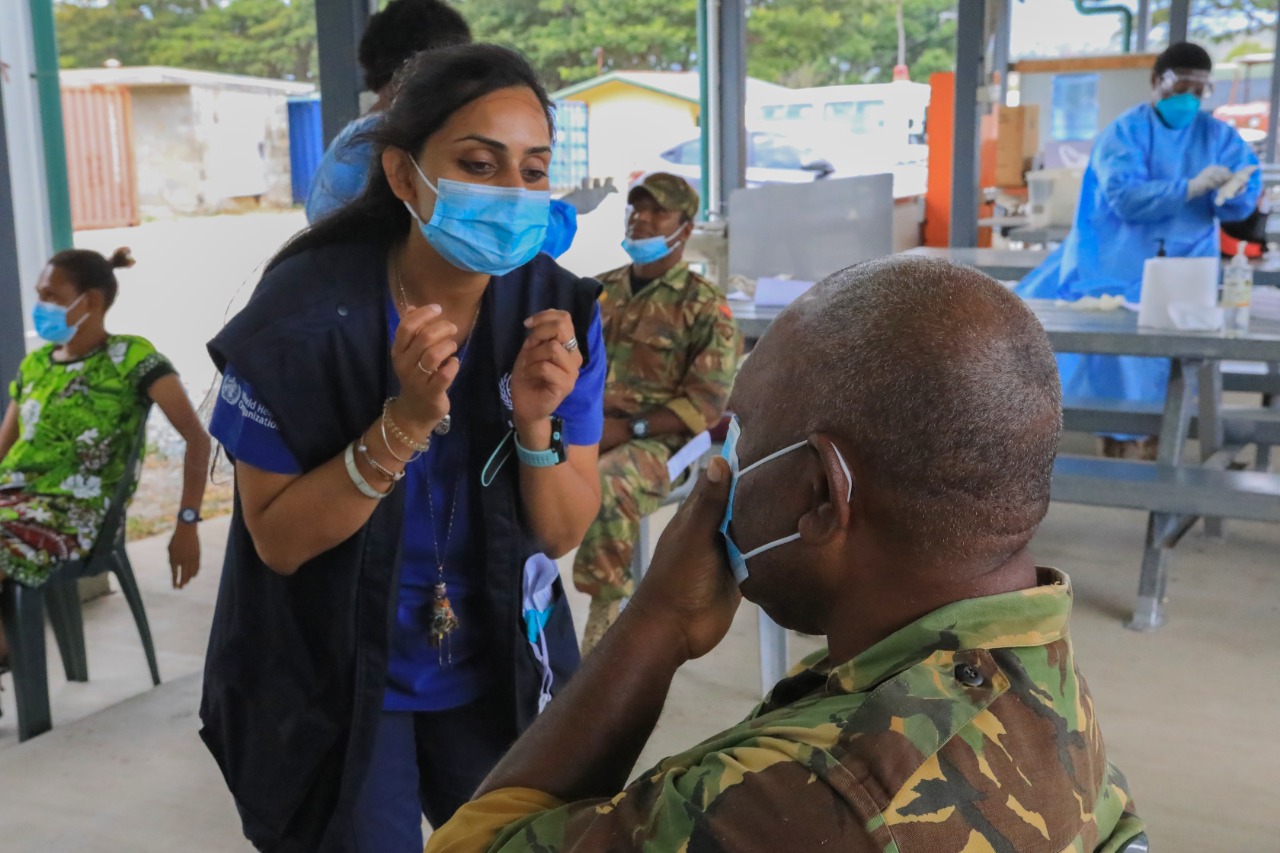WHO Regional Office for the Americas
Panorama of Food and Nutritional Security in Latin America and the Caribbean 2017
Report
17 Oct 2018
The Panorama of Food and Nutrition Security in Latin America and the Caribbean 2017, published by the Food and Agriculture Organization of the United Nations (FAO) and the Pan American Health Organization (PAHO), reports for the first time on the pro...












